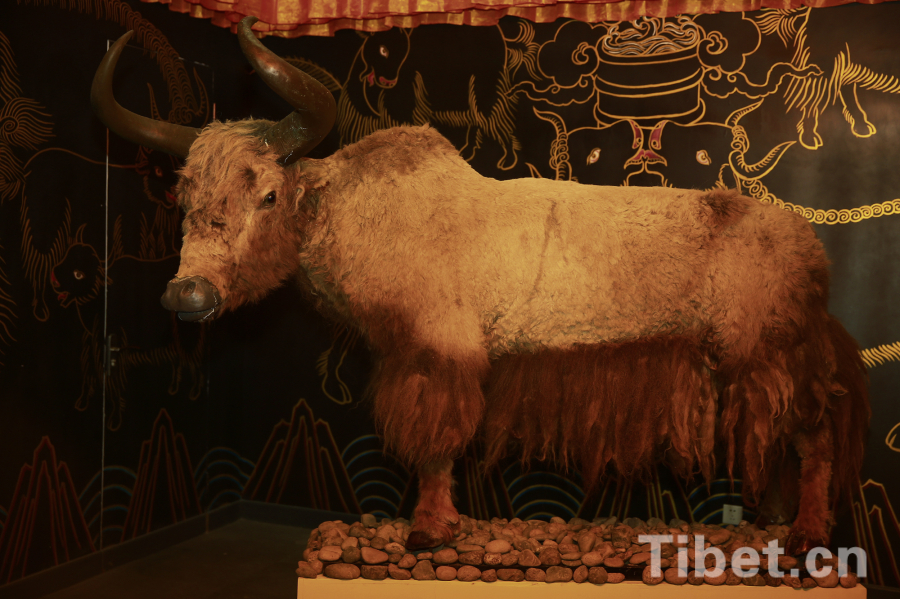Yaks on plateau have been domesticated 7,300 years ago

Through gene sequencing and comparison, researchers from Lanzhou University in China combined with British and Dutch researchers found that yaks on Qinghai-Tibetan Plateau have already been domesticated 7,300 years ago.
This kind of domestication is closely related to population settlement and expansion on the plateau. Results have already been published online in the British magazine "Nature Communications".
Domesticating yaks is of paramount importance to humans migrating to high altitudes. It was previously believed that domestication of yaks took place around 4,500 years ago. However, this new research shows that it took place 2,800 years earlier than previously believed.
Researchers carried out gene sequencing and comparison on wild and domestic yaks from 26 regions in China. Analysis of the genome-wide genetic variation map showed that people of the Tibetan Plateau domesticated yaks in the Neolithic period 7,300 years ago and the number of domesticated yaks had increased by six times 3,600 years ago. This was the time of human expansion at high altitudes and yak domestication coincides with human settlement expansion in the area.
Domesticated yak genomes show signs of genetic selection and these choices may affect animal behavior, especially their docile nature.
There are more than 14 million domestic yaks living on the Tibetan Plateau. Their whole body is a treasure: they provide food, drink, fur and transport for the local people. Evidently, they are of great importance to this piece of land.
Your Comment
Name E-mailRelated News
-
;
-
-
Kicking it with Yushu's yak-herding b-boys
While nomads by definition live on the move, Puqu and his nomadic peers live for the moves - that is, for break dancing.
-
-
-

-
Tibet Yak Museum
Tibet Yark Museum, located in Lhasa, capital of Tibet Autonomous Region, is the first yark-themed museum in the world. It was opened to public on May 18, 2014.
-
-
-

-
Kicking it with Yushu's yak-herding b-boys
While nomads by definition live on the move, Puqu and his nomadic peers live for the moves - that is, for break dancing.
-











